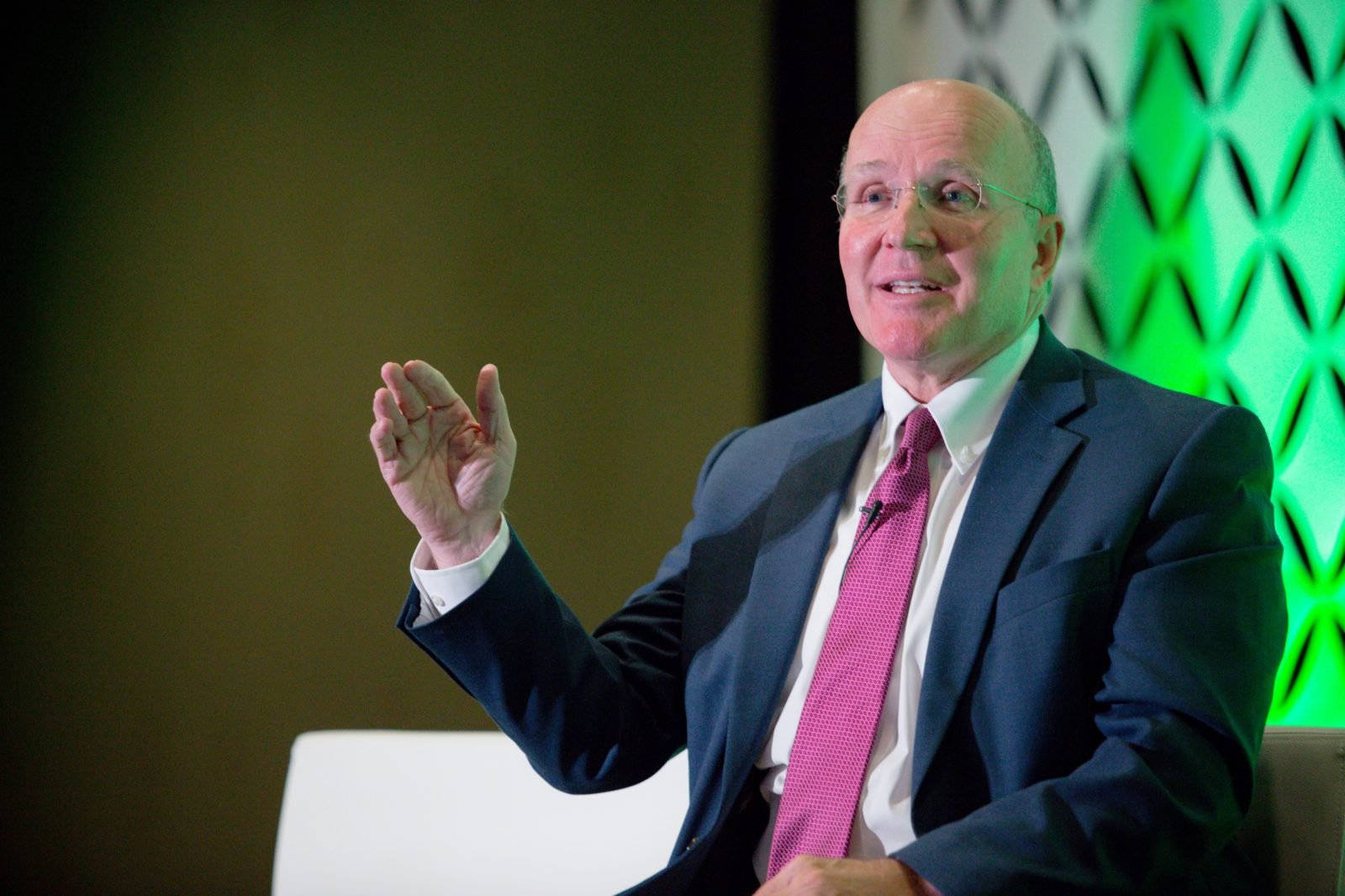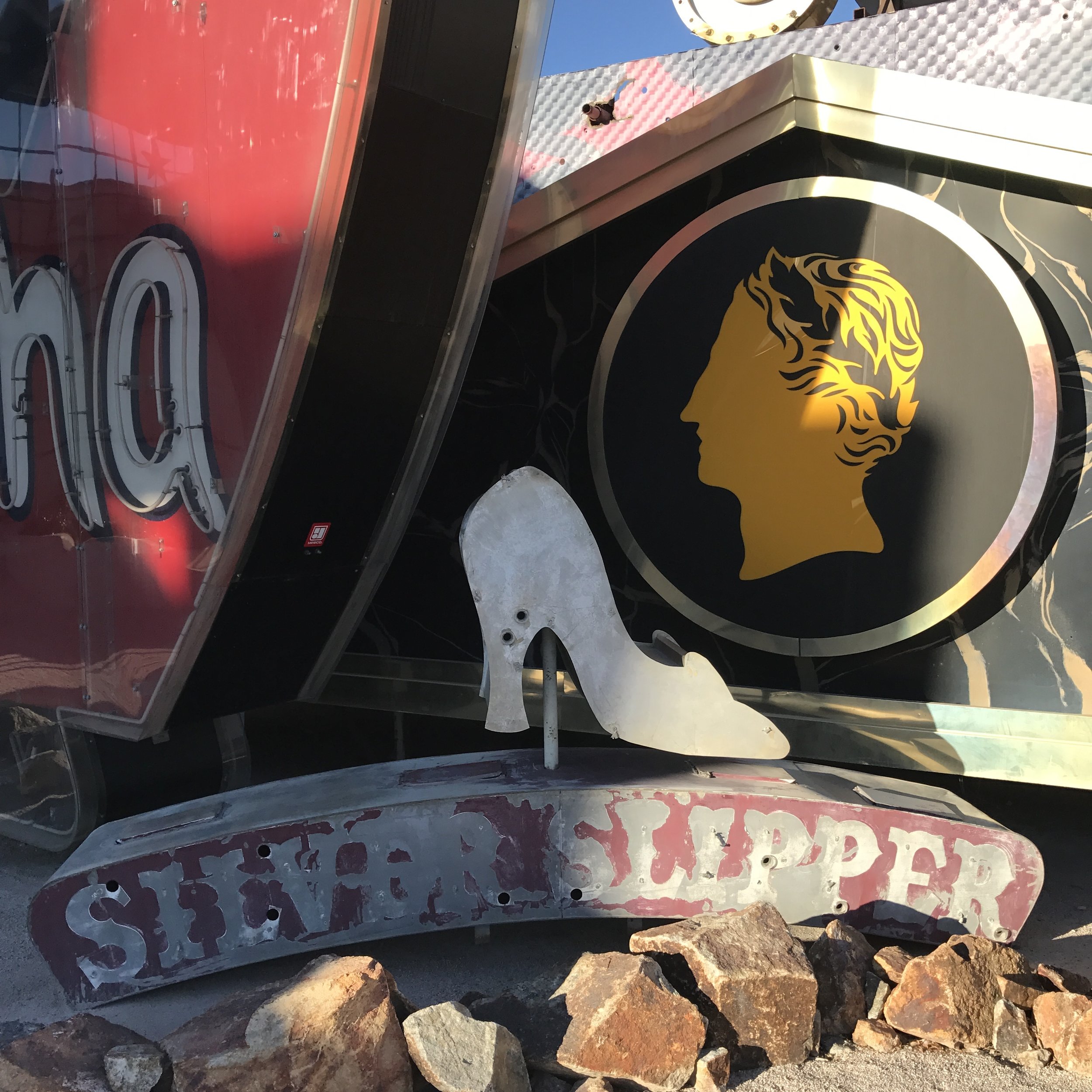Three-fifths of the United States population live in states that allow cannabis (some 28 states allow some form of use, either recreational or medical).
32 million Americans use cannabis, a $6 billion industry in 2015, expected to triple by 2020.
Bigger firms may have edge (Coca-Cola licensing bottlers), interstate bans, regulations, etc. Tobacco companies might come into the industry and cause consolidation.
Colorado now has more cannabis stores than Starbucks outlets!
Are you in the top one percent?
“The one percenter next door,” The Economist, November 26, 2016
According to the Global Wealth Report by the Credit Suisse Research Institute:
Survey counts household assets, not income
$2,222 in net worth makes you wealthier than half the world’s population
$71,560 puts you in the top tenth
$744,400, you are in the global 1%
World’s wealth = $256 trillion (3.4x world’s GDP)
This wealth divided equally = $52,819/person
Actual, top 10% own (created) 89% of it
Over 40% of Americans belong to the top tenth
18M to top 1%
21 million have debts that exceed assets
Are our pets in the top one percent?
“Airbnb for canines,” The Economist, December 3, 2016
San Francisco and Seattle have more owned dogs than children. Americans spent $400+ million on Halloween costumes for its pets. The Pet food industry grew by 40%, a $43 billion industry. Rover and DogVacay, new startups that offer kennels away from home - $30/night paid to the sitter (20% goes to the company). GPS tracking allows owner to see how far the dog was walked.
Brexit Disaster?
“Put out more deck chairs,” The Economist, November 26, 2016
What is the collective noun for a group of economists? A gloom, a regression, an assumption. How about just, "Wrong."
Brexit was predicted to be a disaster for the UK, but:
Apple is consolidating 8 offices, 1400 employees, could double in coming years
Goolge is building a new HQ alongside King’s Cross station, creating 3,000 new jobs by 2020
Facebook is expanding by ½, to 1,500, in a new London office to open 2017
IBM is building four new data centers, tripling capacity, creating hundreds of jobs
The tech is one of the UK’s best sectors: it’s grown 32% faster from 2010-14 than the rest of the economy. Britain issues 200 visas to non-EU tech works (Exceptional Talent scheme).
GE wants “FastWorks,” not Six-Sigma
“Machines Learning,” The Economist, December 3, 2016
Siemens is half as profitable as GE. GE is reinventing itself, while Siemens is staying close to roots.
Internet of Things, $11 trillion in economic value annually, according to McKinsey Global Institute. One-third could be in manufacturing.
GE’s platform is Predix, an Android for machines to manage clusters it builds, from wind turbines to locomotives, and jet airplanes.
Siemens platform is Mindsphere, which is more vertical, and a closed system.
GE used to be obsessed with Six Sigma and incremental improvements. Now it wants to take a page from startups and start making mistakes—they call it “FastWorks.”
Create a minimum viable product, discard it quickly if it fails.
Ed’s Topics
Visit to the Las Vegas Neon Museum. It was a walk through the history of Las Vegas condensed into 90 minutes.
Name derived from Spanish word for shoe
F.A.C.E. (Folks who Answer CEO Email) Team
PEC—Personal Emotional Connections
Pope Francis, equating media interest to coprophilia [arousal from excrement].
Interview on Sage Podcast with Gret Glyer, founder of DonorSee (website and App).



























